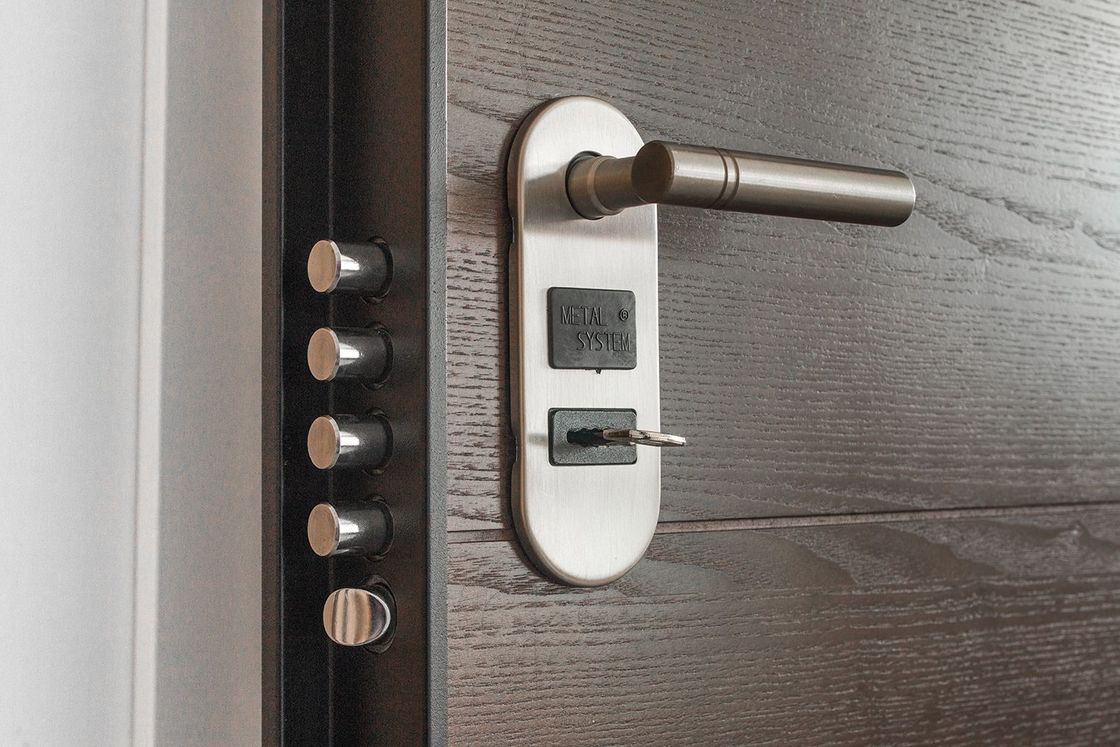Index
Illegal occupation of property is one of the major problems that the sector faces in Italy: Federcasa estimates that 6.4% of homes are used without the right to do so. A misfortune that, in the case of buildings intended for sale, can jeopardize the success of the deal.
As a real estate agent, it is important that you have clear ideas on how to handle the situation and that you know the solutions that the law offers to respond to the unauthorized occupation of a property. What are the rules to follow to help your clients? We at Casavo have prepared a guide to take stock of the situation.
Illegitimate occupation of a property: when is it a crime?
We speak of unauthorized occupation of a property when a person establishes himself inside it without having any right, with the intention of living there for a long time. Simple break-ins do not fall into this case, therefore, because does not cause prolonged damage.
Occupying a house illegally is in all respects a crime and a civil offense, meaning that the victim can receive compensation for the damages suffered. Depending on the case, doing so also entails the violation of some laws of the criminal code, such as violation of domicile, and can also include theft and damage. All rather serious crimes.
The method The way in which it occurs varies depending on the situation: one example is squatting, that is, the actual taking possession of empty or abandoned buildings. At least 19% of the time, however, illegal occupation occurs immediately after the natural expiration of a rental contract, when the tenants refuse to abandon the house they were living in.
Besides generating a legal problem, it is clear that the social implications have their importance: economic difficulties and the housing crisis are two of the main causes behind the illegal occupation of properties. From a homeowner's point of view, however, it is It is necessary to know the procedures to protect yourself.
What to do in the event of unauthorized occupation of the property
To become a successful real estate agent, it is essential to offer various services to those who turn to your agency to buy or sell a house. And when the unauthorized occupation of a property is involved, the best idea is to rely on the support of a lawyer who is an expert in the field.
The first step to take is to contact the police and file a complaint, filling out a specific form for reporting unauthorized occupation of the property. Although necessary, this criminal proceeding is a rather limited act because it does not have the power to force a squatter to abandon the property.
By opting instead for a civil path, the law provides at least two alternatives to resolve the dispute. The claim action - contained in Article 948 of the Civil Code - serves to certify who has ownership rights to a property but not to obtain it back. Much more effective in this sense is the reinstatement of possession action - Article 1168 - a document valid for a whole year with which to request a competent judge to free the property from illegal occupants.
Is the issue resolved? Not always, because often the only way to free an occupied house is to contact a judicial officer, who will carry out a forced execution with the support of the police.
How to obtain compensation for damages
As we have already anticipated, it is It is possible to obtain compensation for damages when you suffer the unauthorized occupation of your property. To do so, simply join the civil action when criminal proceedings are underway.
If, however, a civil proceeding is initiated, there is the possibility of also requesting reimbursement for all damages indirectly caused by the illegal activity. Think of a broken lock after it has been forced or damage to glass and furniture: these can be compensated down to the last cent.
Illegal occupation of the property:
Is eviction allowed?
In the case of illegal occupation, the presence or absence of an official document attesting to it makes a big difference. In fact, for it to be considered legally occupied without title, there must be no rental contract: this is the essential requirement to justify eviction.
Evicting a tenant is possible following continuous non-payment of rent or in other extreme situations. A squatter, on the other hand, does not have any authorization to live in that property and therefore eviction is not practicable. However, with the legal remedies we analyzed above, an owner can still be able to regain possession of his apartment.
To give value to the work you do every day, it is important that you have the right support, even in situations like this. Become a Casavo partner: together we will build a new, simple real estate world that is in step with professionals like you.
Sell your properties at Casavo, or with Casavo. Want to find out how?

